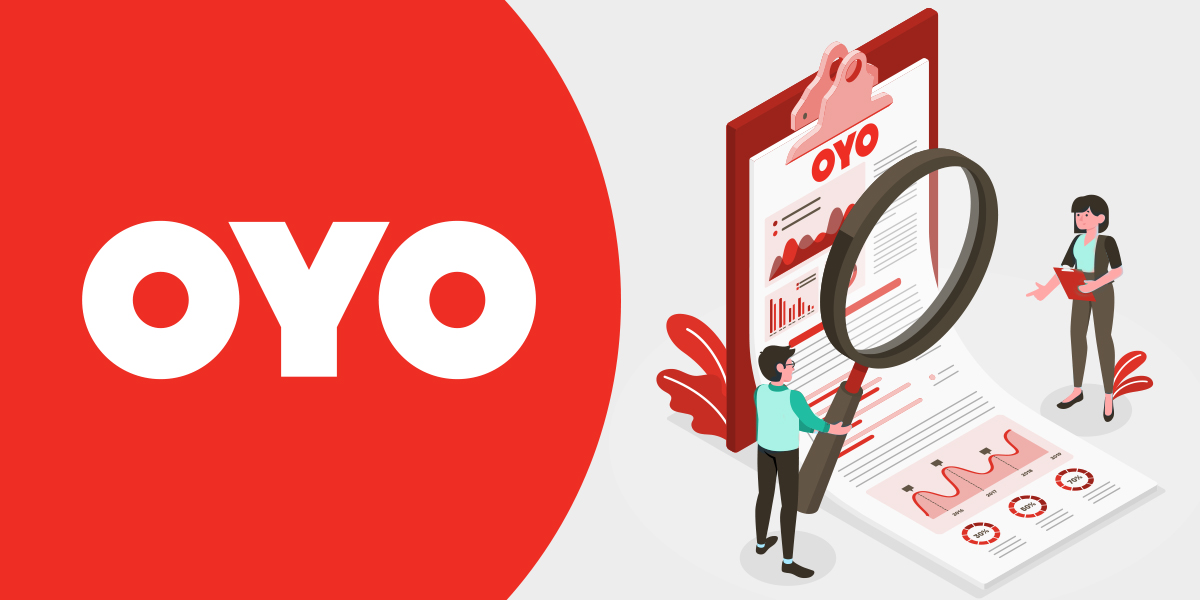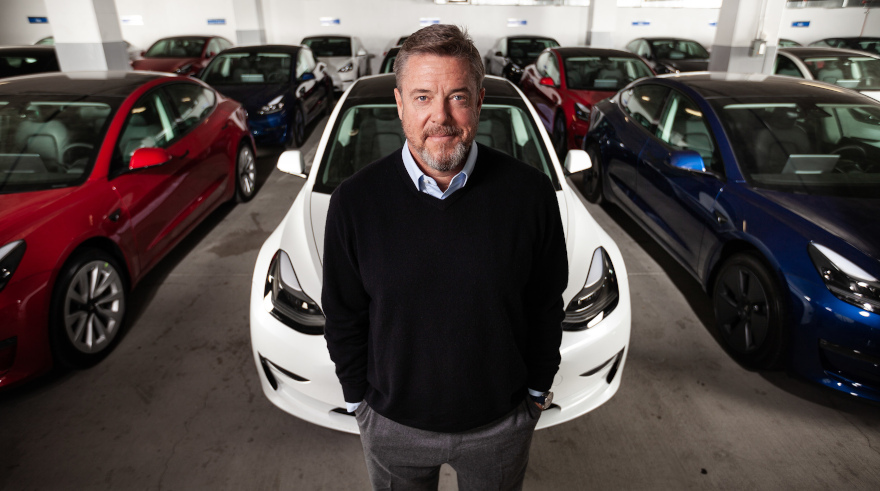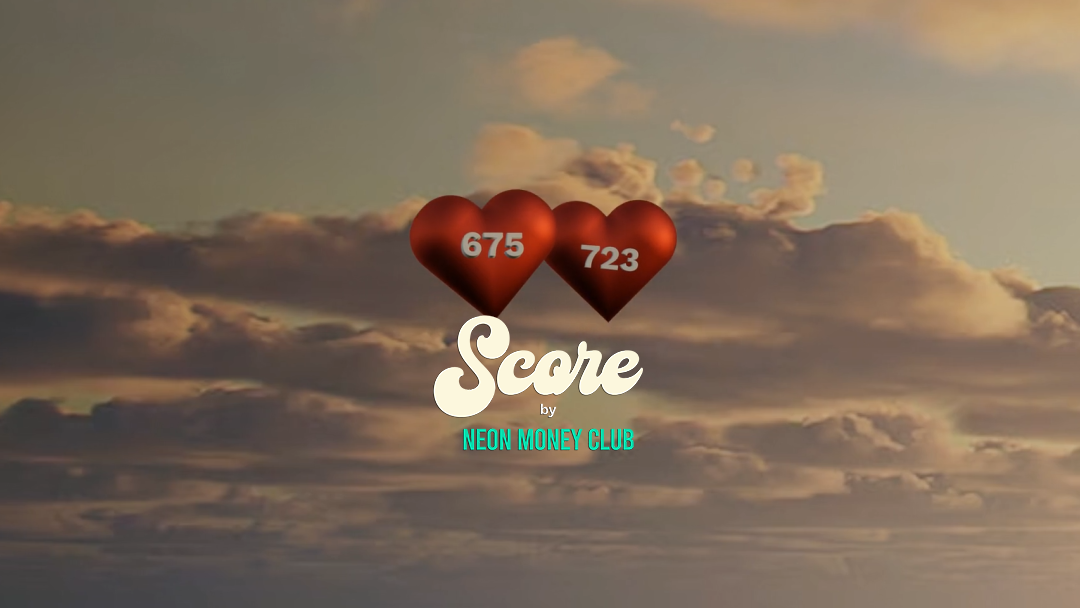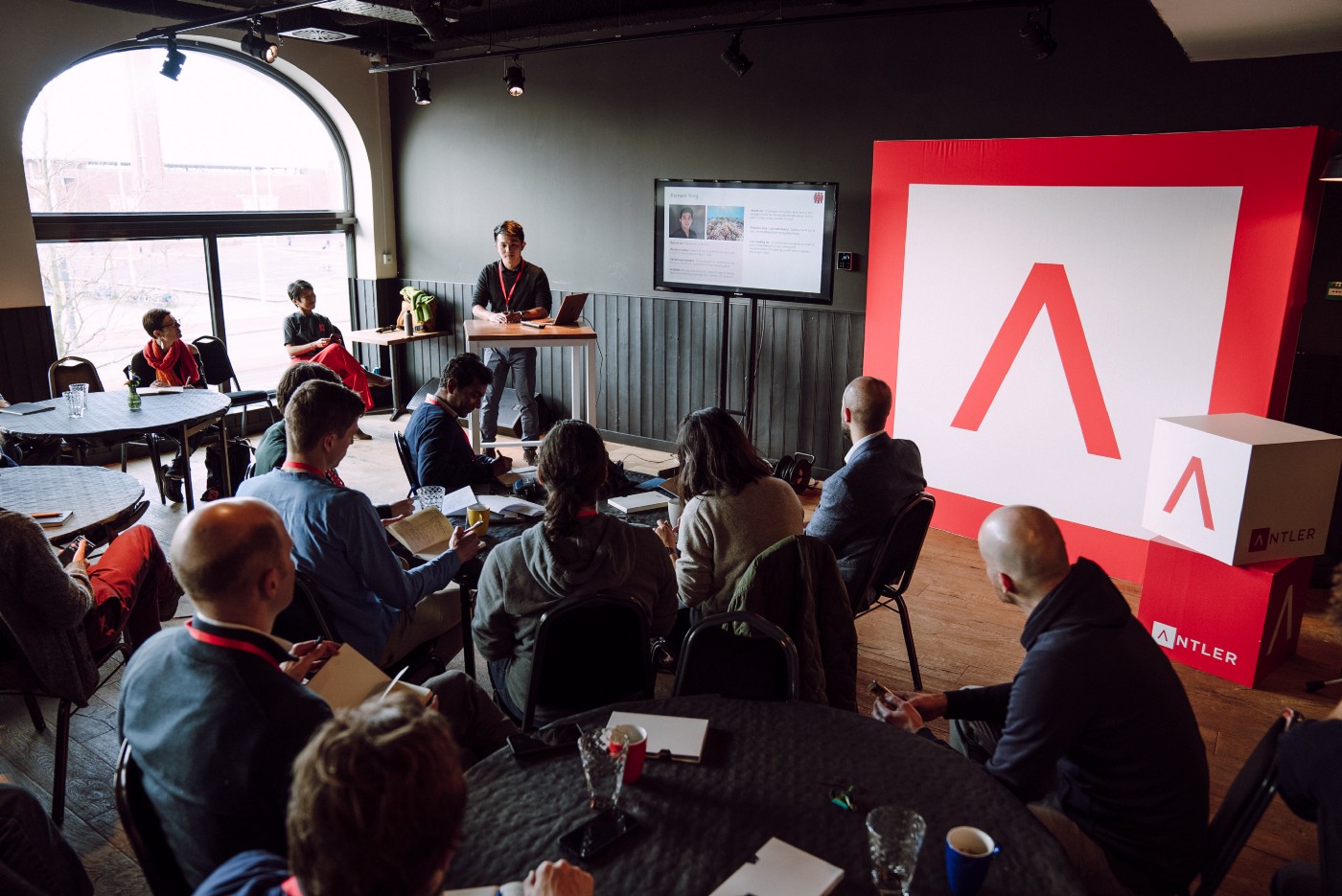Oyo’s valuation has dropped from $10 billion to $2.4 billion in the latest funding round, according to TechCrunch
The startup, headquartered in Gurugram and operates a chain of economy hotels, has secured $173.5 million in Series G funding. Most of the capital in the new round was provided by Patient Capital, led by Oyo founder and CEO Ritesh Agarwal; InCred Wealth, which aggregates capital from high-net-worth individuals; and J&A Partners.

Tracxn, a data insight platform, reports that Oyo’s current valuation is less than its total capital raised, which is approximately $3.3 billion in combined equity and debt financing.
In May, TechCrunch reported that Oyo was attempting to secure a funding round to reduce its valuation to $3 billion or less. In May, a spokesperson for the budget hotel chain denied any allegations, including the valuation mentioned in the article, to TechCrunch. “A valuation discussion is impossible at this time, as there is no concrete transaction.”
The startup did not respond to a request for comment, which is currently embroiled in a series of controversies.
Oyo’s Agarwal has previously invested in the venture. In 2019, he consented to invest $1.5 billion in Oyo at a valuation of $10 billion. Oyo has not yet provided any commentary on how Agarwal obtained that capital, the terms under which it was obtained, or its current status.
It is hardly surprising that the valuation has been reduced. In 2022, SoftBank, which holds over 40% of Oyo, internally reduced the valuation of the Indian startup to $2.7 billion. At that time, Oyo stated that the valuation markdown had “no rational basis.”
SoftBank, Airbnb, Peak XV Partners, Microsoft, and Lightspeed Venture Partners are among the organizations that have supported Oyo.

Following Oyo’s withdrawal of its draft red herring prospectus for an initial public offering for the second time earlier this year, new funding was raised. The Indian startup initially submitted the documentation to become public in 2021 to raise approximately $1.2 billion at a valuation of $12 billion.
SEBI, India’s market regulator, has never approved the startup’s initial public offering (IPO) application.



